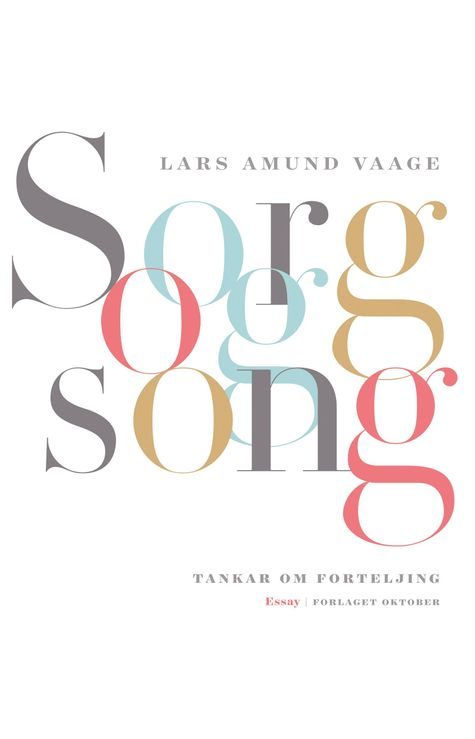Sorrow and Song – Thoughts on Telling a Story
I dwell upon the genesis of SING because I believe that a story like this can shed light on what literature is. By shedding light on what literature is, we might also be able to see a few things about language itself. In particular, I believe that the story about the book, the story about the story, can tell us something about how we, as a society, relate to deviation and the weak.
When the novel Sing came out in 2012, it was met with glowing reviews from the critics, and the author won the national book prize, the Brage Prize. But Sing was also the book the author thought he could never write. Taking this novel as his starting point, Vaage explores how our experiences in life can be transformed into language and literature, and what can restrain or quell such expressions. The obstacles can seem insurmountable when the theme becomes a suffering child.
Is a child without language surrounded by a language unable to adequately cover or explain her life? Is the language employed by the public health service so poor that even a poet will be left speechless? In Sorrow and Song Lars Amund Vaage writes about what it feels like when his fiction is received as confessional literature. He points at how he approaches autism in earlier books, and how the absence of language is relevant to each and every one of us. Above all, he writes about writing: about giving words to those who have none

